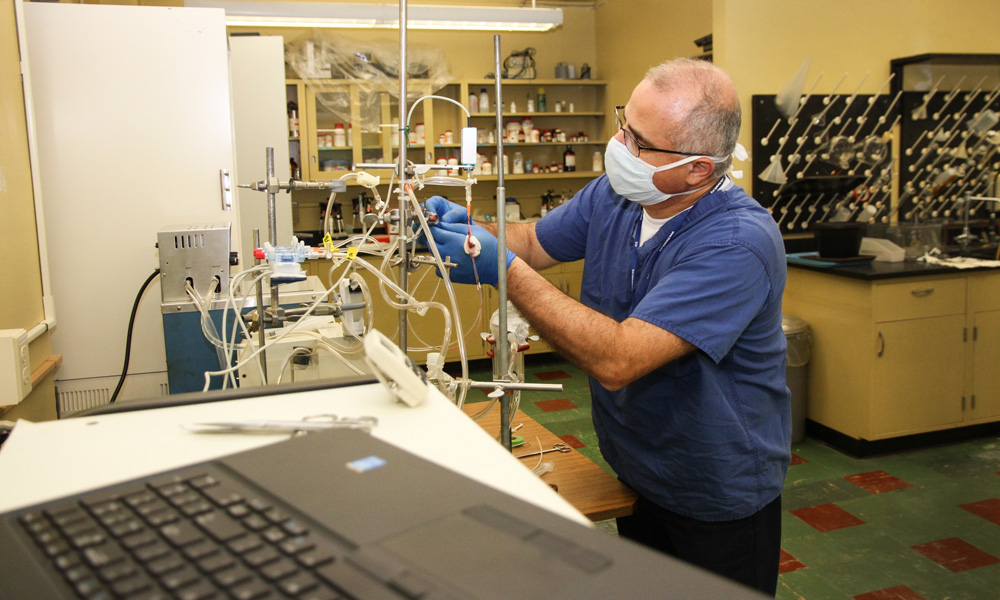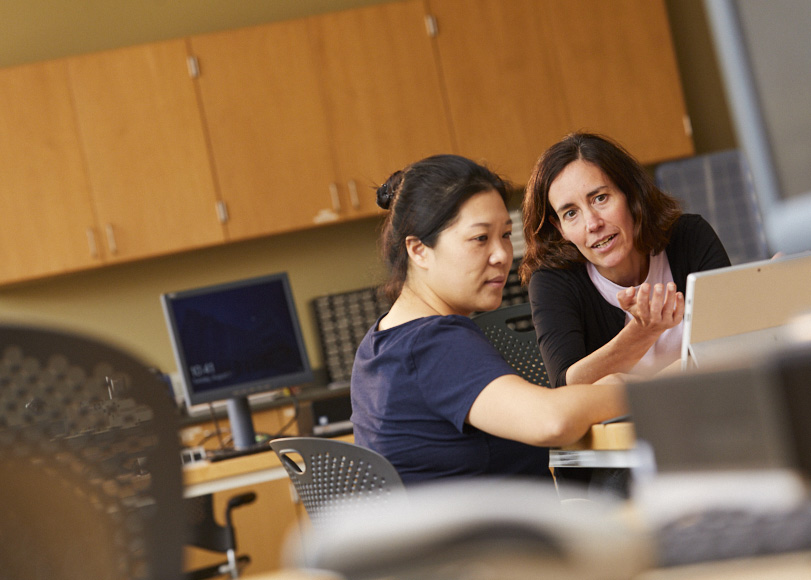Dr. Audi and collaborators receive funding to develop Assay to quantify the Tissue Antioxidant status of Donated Organs
 July 3, 2023
July 3, 2023
The Marquette University and MCW Joint Department of Biomedical Engineering has awarded a $50,000 Product Development Pilot Award to Joint Department Faculty Dr. Said Audi, professor and director of graduate studies, for the project titled, “Development of Novel Assay for Quantifying Tissue Anti-oxidant Status of Donated Organs.” The project seeks to create a process by which the viability of donated organs may be assessed, increasing the number of donated organs available to individuals in need of life-saving organ transplantation for conditions such as end-stage lung, liver, kidney, and heart disease.
Donated organs are often the only treatment option for individuals suffering from such conditions as lung, kidney, heart, and liver failure. Organs available for transplant often undergo oxidative stress after explant, which is despite potential perfusion technologies that might keep the organ viable for a longer period of time. Current technology does not support testing to determine the level of damage caused to the organ due to a lack of oxygen, which creates a situation where organs that may be viable are not being used. The DSSQ fluorescent probe, a novel technology developed by Dr. Daniel Sem (Concordia University), can detect intra-cellular glutathione, a biomarker of oxidative stress incurred by tissues. In this project, entitled, “Development of Novel Assay for Quantifying Tissue Anti-oxidant Status of Donated Organs,” Dr. Audi and collaborators will develop an experimental-computational approach for estimating tissue glutathione concentration from DSSQ probe data acquired from lungs perfused ex vivo, as well an assay and a marketable testing kit that will determine the viability of ex-vivo perfused organs using DSSQ.
Collaborators for this project include Dr. Elizabeth Jacobs, MCW Professor of Medicine; Dr. Ranjan Dash, professor and co-director of graduate studies in the MU-MCW Joint Department of Biomedical Engineering; and Dr. Daniel Sem, inventor of the DSSQ fluorescent probe and Professor of Pharmaceutical Sciences at Concordia University, Wisconsin.
LEARN MORE ABOUT DR. AUDI
Learn more about CLPL

 July 3, 2023
July 3, 2023
